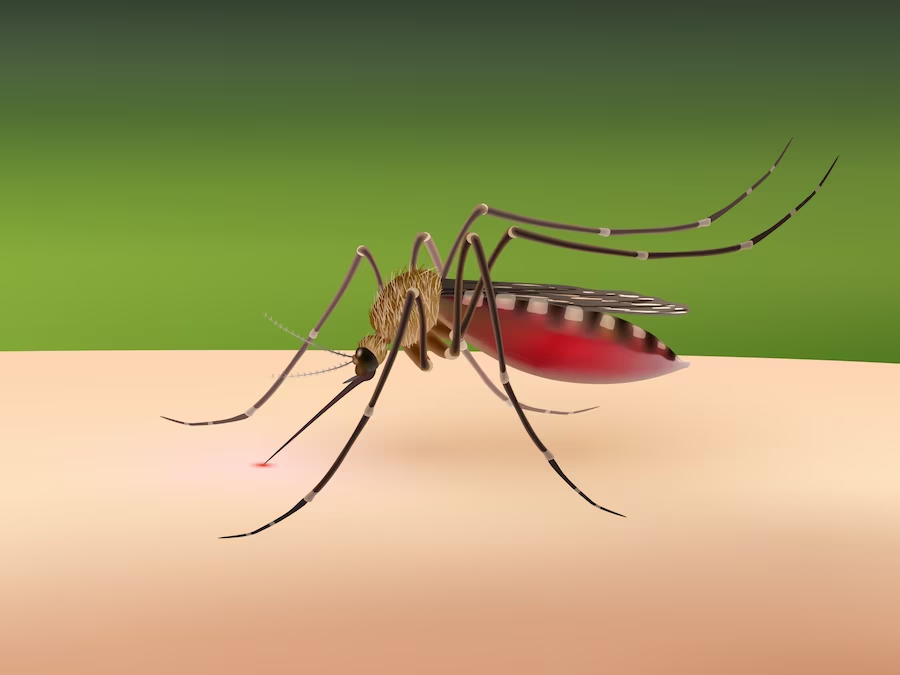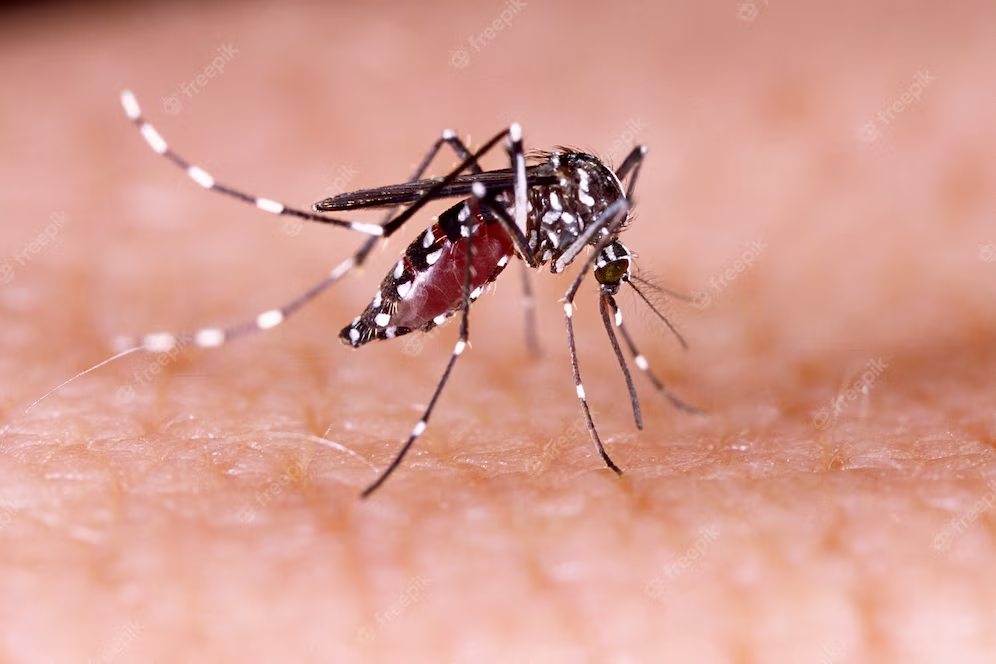Dengue cases are increasing rapidly in Delhi NCR, ringing alarm bells to take preventive measures to contain the spread. According to a report, the number of cases registered till August 5 this year is the highest in the last 10 years. Vulnerable sections of the population should take necessary precautions to safeguard their health amid the rapid spread of the mosquito-borne disease. This also includes pregnant women as they are not only at an increased risk of getting infected with dengue, but it can also pose a risk to the unborn child, including premature birth and even fetal death.

Since the monsoon is about to last for some time and a rise in dengue cases is being seen, one should closely watch for symptoms like fever, body rash, eye pain, muscle, joint or bone pain, vomiting, nausea, etc. Should be kept This is important for expectant mothers. Wear long-sleeved shirts and long pants to reduce the risk of mosquito bites.
Why are pregnant women more at risk of dengue?
During pregnancy, changes occur in the immune system to support the growing fetus, making pregnant women more vulnerable to infections such as dengue. Apart from this, hormonal changes during pregnancy can also affect the severity of the disease if infected. At the same time, dengue infection during pregnancy can cause problems for both mother and child, including premature birth, low birth weight, and even fetal death.
Symptoms of dengue
It is important to familiarize yourself with the symptoms of dengue, as these can often be mistaken for other diseases. If you experience any symptoms of dengue, such as high fever, severe headache, joint and muscle pain, or rash, see a doctor immediately.
Ways

Dengue cases are increasing rapidly in Delhi NCR, ringing alarm bells to take preventive measures to contain the spread. According to a report, the number of cases registered till August 5 this year is the highest in the last 10 years. Vulnerable sections of the population should take necessary precautions to safeguard their health amid the rapid spread of the mosquito-borne disease. This also includes pregnant women as they are not only at an increased risk of getting infected with dengue, but it can also pose a risk to the unborn child, including premature birth and even fetal death.
Since the monsoon is about to last for some time and a rise in dengue cases is being seen, one should closely watch for symptoms like fever, body rash, eye pain, muscle, joint or bone pain, vomiting, nausea, etc. Should be kept This is important for expectant mothers. Wear long-sleeved shirts and long pants to reduce the risk of mosquito bites.
Why are pregnant women more at risk of dengue?
During pregnancy, changes occur in the immune system to support the growing fetus, making pregnant women more vulnerable to infections such as dengue. Apart from this, hormonal changes during pregnancy can also affect the severity of the disease if infected. At the same time, dengue infection during pregnancy can cause problems for both mother and child, including premature birth, low birth weight, and even fetal death.
Symptoms of dengue
It is important to familiarize yourself with the symptoms of dengue, as these can often be mistaken for other diseases. If you experience any symptoms of dengue, such as high fever, severe headache, joint and muscle pain, or rash, see a doctor immediately.

Ways to prevent dengue
PROTECTION AGAINST MOSQUITOES: To prevent mosquito bites, primarily adopt measures to avoid mosquito bites. Use mosquito repellent while going out and while sleeping.
Prevent Water Stagnation: Keep the places of water stagnation clean for dengue mosquitoes to breed. Take care to avoid water accumulation in utensils, coolers, and other places.
Wear full clothes: Try to wear as many full clothes as possible according to the time. Comfortable and long-sleeved clothes are best to prevent dengue.
Take care of cleanliness: Clean and clear water is required for the breeding of dengue mosquitoes. Clean the places where water collects in your surroundings.
House cleaning: Keeping your house neat and clean reduces the risk of breeding mosquitoes of diseases like dengue.
Keep water places empty: Keep water storage places empty so that mosquitoes do not have more chances for breeding.
(PC: Freepik)










